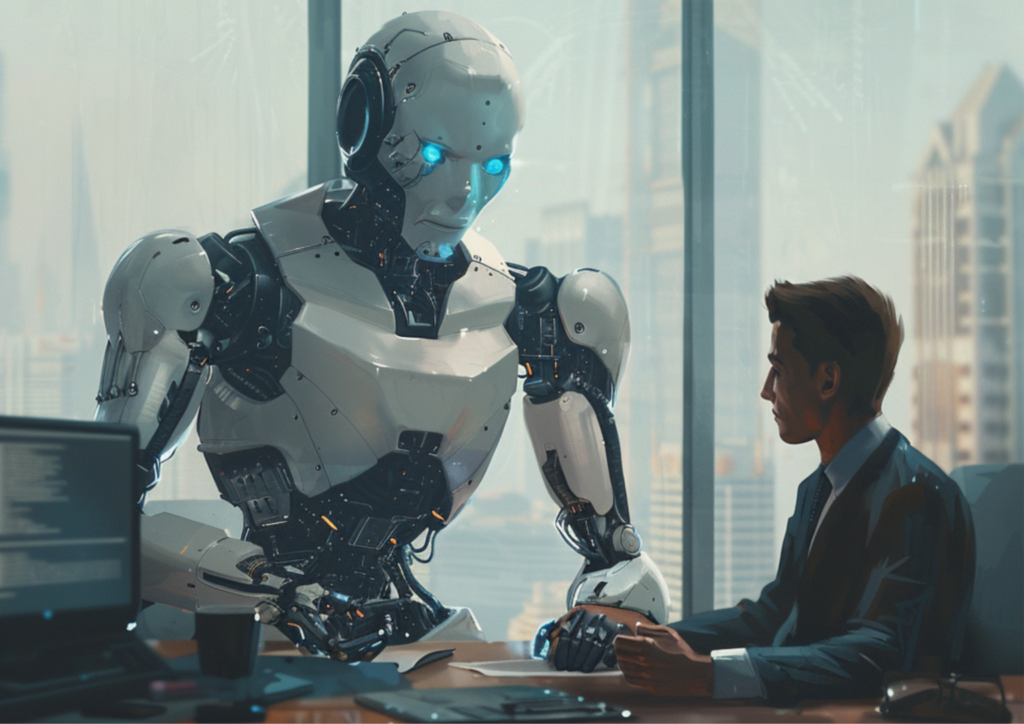

Artificial intelligence (AI) is changing the way we work in ways that have never been seen before. It automates tasks, boosts productivity, creates new jobs, and industries, and it is transforming the value and nature of human labor. However, how do employers and workers react to these changes? Is AI seen as an opportunity or an obligation in the workplace?
Many workers and employers consider AI as an advantageous tool to enhance their skills, careers, and businesses. They perceive AI as a means to supplement their abilities, increase productivity, and allow them to concentrate on more engaging and creative tasks. For instance, a salesperson may utilize AI to evaluate customer data and offer personalized recommendations, while a journalist could use AI to research and compose stories more quickly and efficiently. These workers are empowered to utilize AI to improve their performance and job satisfaction, as well as to acquire new skills and competencies.
AI as an obligation
Many workers and employers perceive AI as a liability rather than an asset. They believe that AI poses a threat that can replace or displace their jobs, skills, and roles. They are apprehensive that AI will automate their tasks and render them redundant, obsolete, or irrelevant. For instance, a driver may lose their job to a self-driving car, while a lawyer may lose their competitive edge to an AI-powered legal assistant. These workers may face unemployment, underemployment, or deskilling, leading to a reduction in their income, security, and dignity.
AI can bring numerous benefits to workers and employers, but it can also present some significant challenges and risks. One of the main issue is related to ethical, social, and legal concerns. It can create ethical dilemmas and conflicts, such as privacy, bias, accountability, and transparency, which can affect the rights, responsibilities, and interests of workers and employers. Additionally, AI can have social and cultural impacts, such as inequality, discrimination, and polarization, which can influence the values and norms of society. Finally, AI can create legal and regulatory uncertainties and complexities, such as liability, ownership, and governance, which can pose risks for workers and employers. It is crucial to address these challenges and risks to ensure that AI is used in an ethical, responsible, and safe manner.
AI is a powerful and pervasive force that profoundly changes the work environment. Workers and employers can have different perspectives and reactions to these changes, depending on their goals, expectations, and experiences. AI can be seen as an opportunity, an obligation, or both, in the work environment. The challenge is to find a balance between the benefits and risks of AI and to ensure that AI is used in a responsible, fair, and human-centric way.